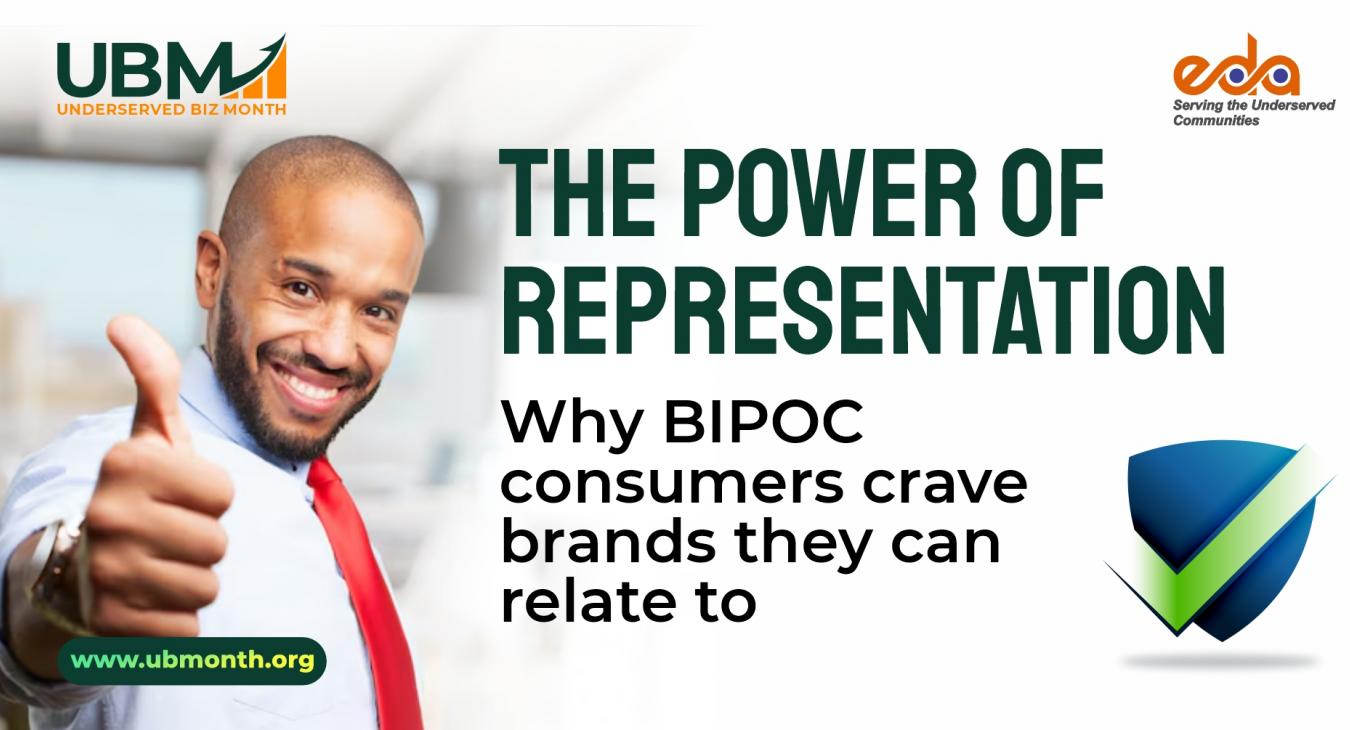
The Power of Representation: Why BIPOC Consumers Crave Brands They Can Relate To
In our world of today, consumers are increasingly seeking brands that reflect their identities and values. This is particularly true for BIPOC (Black, Indigenous, and People of Color) consumers, who may feel overlooked or misrepresented in advertising and marketing.
The Importance of Seeing Yourself Represented
For BIPOC consumers, seeing themselves reflected in marketing campaigns can be a powerful and validating experience. It fosters a sense of connection and belonging, building trust and loyalty towards the brand. Recent studies shows that representation in advertising may lead to more increase in purchase intent among African Americans and as well as Latinos.
Here are some key reasons why BIPOC consumers crave brands they can relate to:
- Authenticity and Relevance: Marketing messages that resonate with BIPOC experiences and cultural nuances feel more genuine and trustworthy.
- Building Trust: When a brand demonstrates a genuine understanding of the BIPOC community, it builds trust and cultivates a positive brand image.
- Empowerment and Inspiration: Seeing successful BIPOC individuals represented by brands can be empowering and inspiring, fostering a sense of "I can do that too."
- Emotional Connection: Marketing that resonates with BIPOC experiences creates deeper emotional connections with consumers, leading to stronger brand loyalty.
Beyond Tokenism: Authentic Representation Matters
What is Tokenism?
Tokenism refers to the practice of making a superficial effort to achieve diversity or inclusion. In the context of marketing and advertising, it involves including a small number of BIPOC individuals in campaigns without any real commitment to understanding or representing their true experiences.
Simply including a diverse cast of characters in an ad campaign is not enough. Representation must be authentic and avoid tokenism. Here are some key considerations for brands:
- Go Beyond Stereotypes: Avoid portraying BIPOC consumers in stereotypical roles or situations. Celebrate the richness and diversity within the BIPOC community.
- Diversity in Storytelling: Feature stories that showcase the unique experiences and perspectives of BIPOC individuals.
- Cultural Sensitivity: Ensure all marketing materials are culturally sensitive and avoid unintentional appropriation.
- Long-Term Commitment: Representation should not be a one-time effort. Demonstrate a genuine commitment to diversity and inclusion in your brand messaging and overall business practices.
The Benefits of Inclusive Marketing
Beyond connecting with BIPOC consumers, representation in marketing offers benefits for all audiences. It fosters a more inclusive and welcoming brand image, attracting a wider customer base. Research by Deloitte indicates that companies with diverse workforces are more innovative and profitable.
In today's competitive market, representation is no longer an option, but a necessity. By embracing diversity and creating authentic marketing campaigns that resonate with BIPOC consumers, brands can build stronger connections, foster loyalty, and achieve long-term success.
By putting these strategies to work and cultivating authentic representation, brands can create a powerful connection with BIPOC consumers and unlock a world of opportunity.
